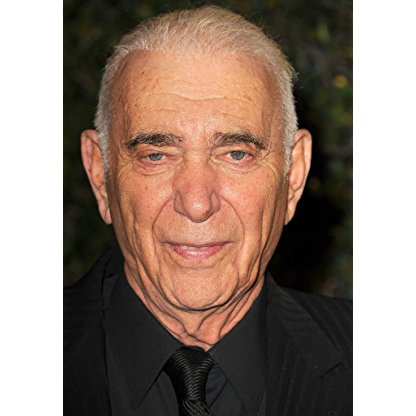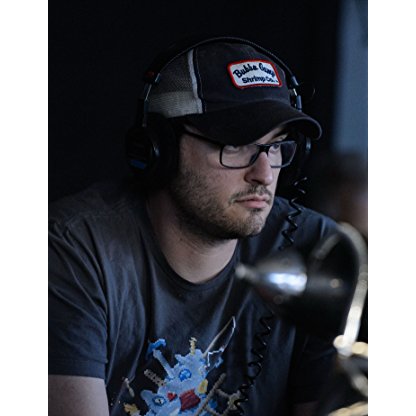In 2004, he received Best Director awards at two different film festivals, for two different films. At the Berlin International Film Festival, he was awarded for Samaritan Girl (2004), and at the Venice Film Festival he won for 3-Iron (also 2004). In 2011, his documentary film Arirang received an award for best film in the Un Certain Regard category from the Cannes Film Festival. In 2012, his film Pieta received the Golden Lion award at the Venice Film Festival, the first Korean film to receive a "best film" honor at one of the top three international film festivals - Venice, Berlin and Cannes.









